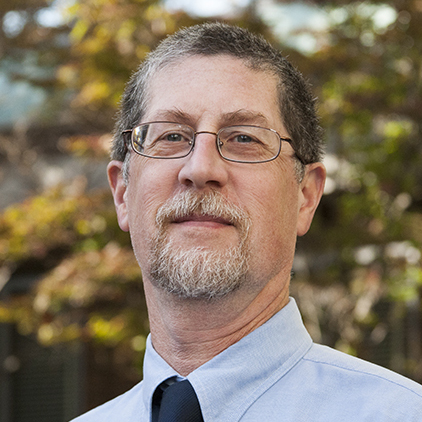 A University of Georgia biologist will explore the ways in which extinctions are affecting our relationship with the natural world in a presentation at the Oconee Rivers Audubon Society’s next meeting at 7 p.m. Thursday, Nov. 5, at Sandy Creek Nature Center.
A University of Georgia biologist will explore the ways in which extinctions are affecting our relationship with the natural world in a presentation at the Oconee Rivers Audubon Society’s next meeting at 7 p.m. Thursday, Nov. 5, at Sandy Creek Nature Center.
Georgia professor Mark Farmer, director of UGA’s Division of Biological Sciences, will give a talk on “The Last Penguin: How Extinction Is Changing Humanity.” Farmer’s presentation will touch on how land use and other human activities are affecting the composition of the atmosphere and the chemistry of the oceans, perhaps contributing to the current wave of plant and animal extinctions.
Farmer will discuss the growing evidence that humans are helping to bring about a sixth mass extinction event, why so many extinctions are changing our relationship to the natural world, and how this wave of die-offs compares to past great extinctions like the meteor strike that many scientists believe doomed most of the dinosaurs on Earth.
At UGA, Farmer’s research focuses on some of the smallest organisms on the planet, much tinier than the dinosaurs that once stalked our continents and lived in our seas. He is currently working to identify and understand generally single-cell organisms called protists and how they are related to more complex eukaryotic organisms.
The meeting will be held in the Nature Center’s Education and Visitor Center, 205 Old Commerce Road off U.S. Highway 441 north of Athens. To reach the center from the Loop 10 bypass, exit at U.S. Highway 441/Commerce Road and turn north toward Commerce. Go approximately a mile, turn left at the Sandy Creek Nature Center sign and go to the end of the road. Turn left at Old Commerce Road; parking for the Education and Visitor Center will be on the right.
